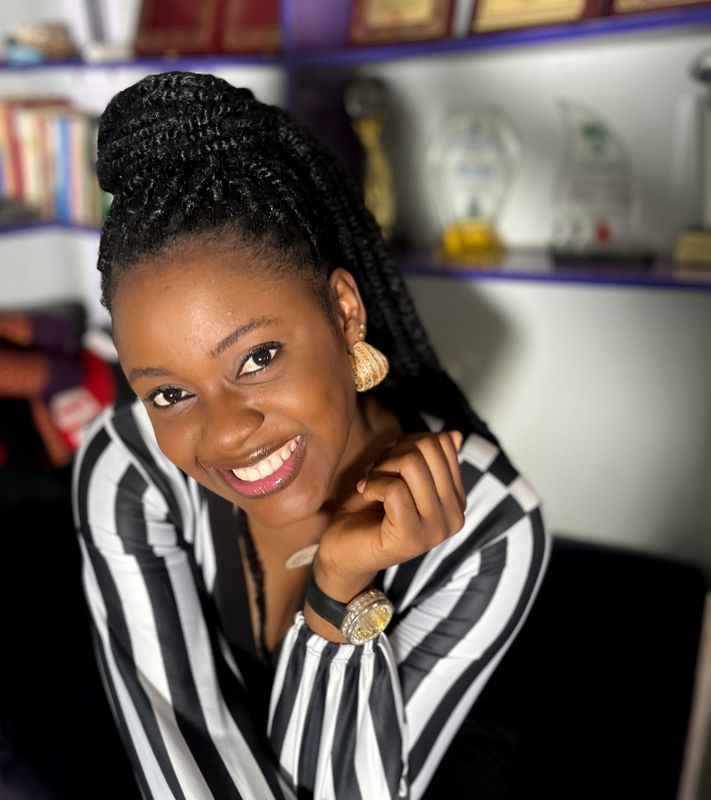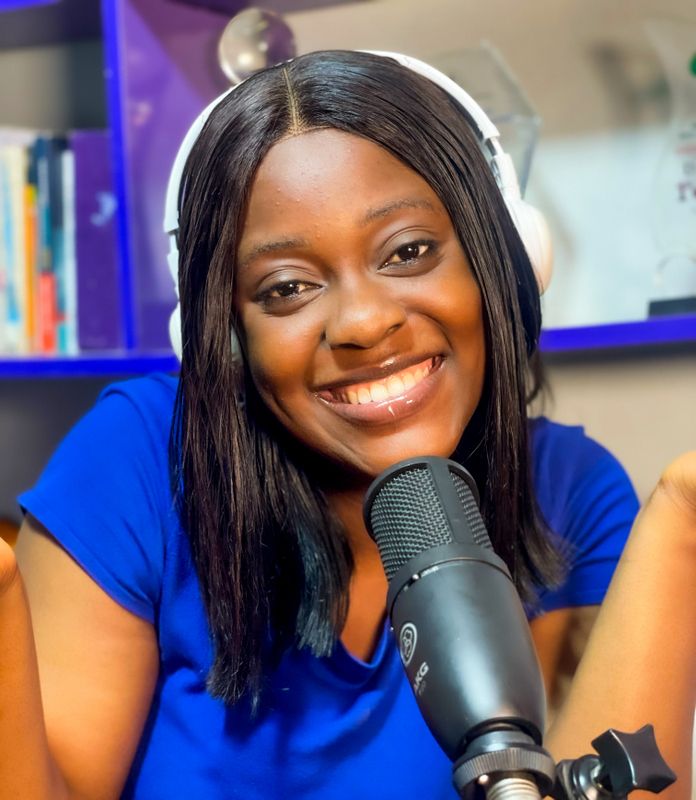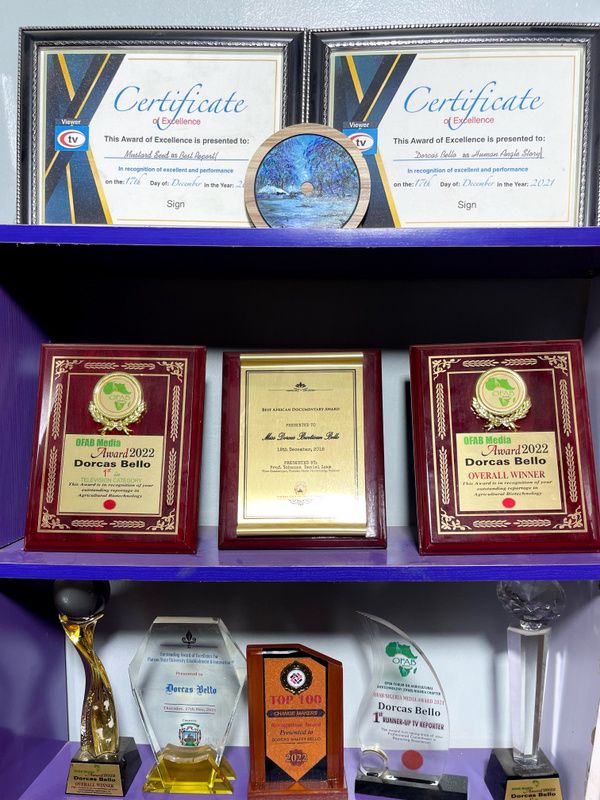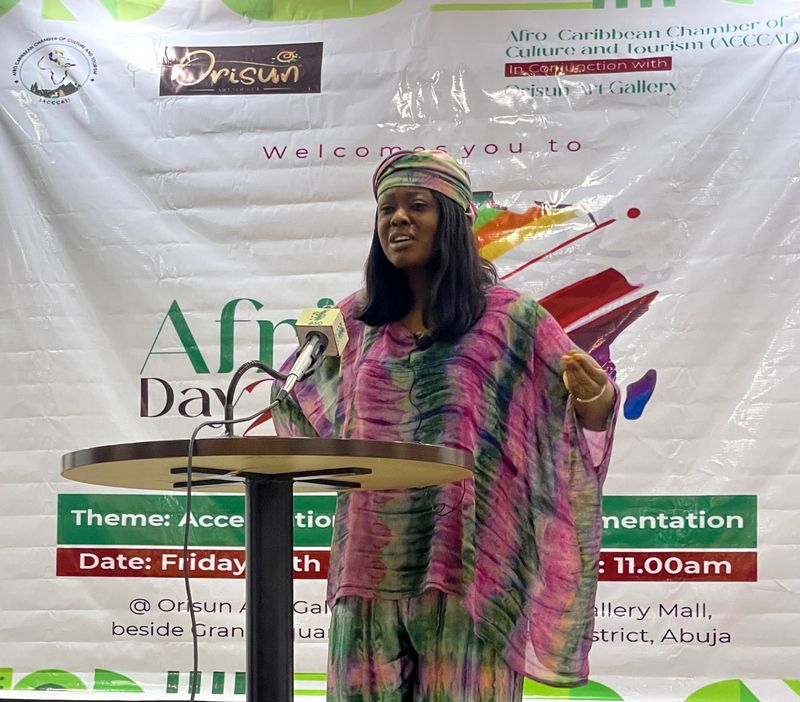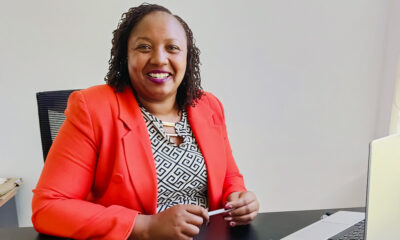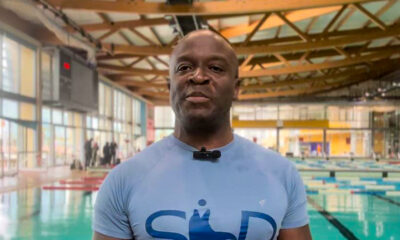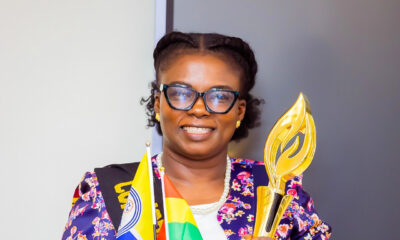News
Dorcas Sheffy Bello Is On A Mission To Redefine How African Stories Are Told
Praise Wakulti Illya is a Nigerian nurse who has been critical in assisting expectant mothers safely bring their bundles of joy into the world. Focusing on challenged communities, especially those in remote areas, Illya has, over the years, played a crucial role in providing essential nursing support to mothers.
In her vibrant, contagiously cheerful voice, Dorcas Sheffy Bello tells Illya’s story. She occasionally gets Illya to speak of her nursing experience even as the rhythm of an African musical tune beats from the background, infusing the narration with energy or emotion, depending on where the story is at.
Listening through the stories, one is left both entertained and in awe of the extraordinary nurse who has single-handedly delivered up to eight babies in a night.
This recent episode of the “Unzipped Stories Africa” podcast summarises what Bello shares with her audience:
“There are so many others like her. She never grows tired,” Bello says. With that comment, she captures not only Illya’s remarkable work but also the vast and empty space that Bello has entered to tell stories about extraordinary individuals in an otherwise ordinary world.
For Bello, Illya’s story represents a narrative that needs to be shared widely to challenge misconceptions and showcase the vibrant tapestry of African lives.
“I came across countless stories about Africa but couldn’t find myself within them,” Bello explains during a virtual interview.
“I grew tired of how our stories were being told.”
Even as a young girl, Bello couldn’t help but notice how media reports distorted the reality of her life and that of millions of others living everyday middle-class lives in Nigeria.
One example was the eruption of violent extremism, epitomised by the Boko Haram insurgency, which has continued to capture global news headlines since 2009, painting Nigeria as a no-go zone.
“Yes, the conflict was ongoing, but the reports portrayed the entire nation as a dangerous place,” she laments.
As Bello embarked on her journalism career, she encountered the pervasive influence of stereotypical narratives about Africa, even among her fellow journalists, who unwittingly perpetuated these biases.
“I knew it was time to confront this issue head-on,” she says.
As a visual storyteller, Bello initially had the option of using mini-documentaries to counter this growing problem. But the high production costs compelled her to seek a more accessible and cost-effective alternative.
With podcasting, she realised she could “share African stories in a creative manner, allowing people to listen while on the move, for instance when driving.”
Strategically, Bello presents her stories in various formats and packaging styles, from interview-based episodes to narrative storytelling and audio magazine-style and feature presentations.
Her goal is to offer listeners a personalised perspective on the daily lives of Africans beyond the lens of conflict and instability.
With a team of eight anchors spread across six countries, Bello has cultivated over 40 podcast episodes.
“Our first episode garnered only about 100 listens, but after two years, we are now being heard in 56 countries, with popular episodes receiving over 1,000 listens,” she proudly shares.
Leveraging her background in journalism and a devoted fan base, Bello uses social media platforms and personal interactions to promote her podcast to as many people as possible.
“I seize every opportunity, as potential audiences are everywhere,” she remarks.
The journey hasn’t been without its challenges. With anchors located far apart, maintaining consistent equipment and content quality proves daunting, especially in podcasting, where sound quality is paramount. Bello explains that she can only bet on the guidelines she provides, hoping they deliver.
Despite these hurdles, she remains committed to expanding knowledge sharing by hosting an annual African storytelling training programme. She aims to empower as many storytellers as possible with the skills to effectively convey an accurate narrative.
Having already provided training to over 500 creatives, she plans to increase that number substantially within the next two years.
Bello acknowledges that podcasts have yet to gain widespread popularity in Africa, with many people still more comfortable with video platforms. Audio remains relegated to the radio, but not for long if she can help it.
“Africans are visually inclined, and the majority listen to the radio for music. Nonetheless, we are content with our current listenership because we know we are making a real impact on the lives of those who tune in,” she explains.
Staying true to the positive energy in her podcasts, Bello is optimistic about the almost limitless opportunities for storytelling that digital media offers.
“African digital storytellers must leverage on these opportunities… “They should find their voice, spot their niche, and remain consistent,” she says.
She also acknowledges that transforming the narrative will require more than a single medium.
Bello regularly contributes to various content and news platforms (including bird story agency). She is the recipient of the 2018 African International Documentary Festival Foundation’s ‘Best Documentary on Polio’ award and holds the ‘Best Innovative African Storyteller, Plateau State University Bokkos’ title. Most recently, the city of Jos recognised Bello in the ‘Top 100 Change Makers of 2022’ for telling local stories.
“Storytelling is the hope for change that Africa has—to change how it is perceived and seen,” she concludes.
Photo Credit: Dorcas Sheffy Bello

